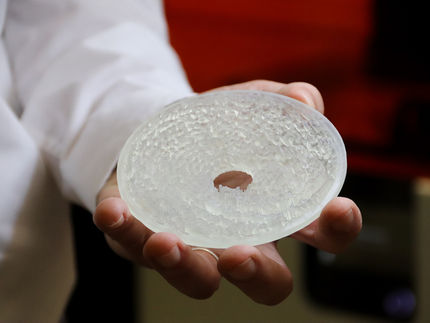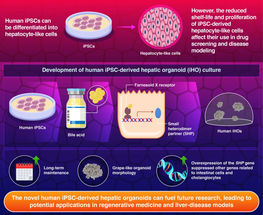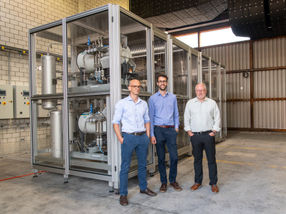Ceregene Scientific Co-Founder Publishes Alzheimer's Disease Clinical Trial Results in Nature Medicine
Ceregene, Inc. scientific co- founder, Mark Tuszynski M.D., Ph.D., published in the online edition of Nature medicine (May 2005) the results of the first ever Phase I clinical study for the treatment of Alzheimer's disease using gene therapy. Ceregene, Inc. has licensed the technology and product rights used in this program and have utilized the data in its current Alzheimer's gene therapy clinical studies.
"Ceregene is excited to be involved in such a promising breakthrough approach delivering growth factors to treat neurodegenerative diseases," stated Jeffrey M. Ostrove, Ph.D., president and chief executive officer of Ceregene. "The results of this Phase I study of nerve growth factor (NGF) in Alzheimer's disease are encouraging and strongly support our CERE-110 clinical program using an AAV2-based vector to deliver NGF to Alzheimer's patients." Ceregene is currently sponsoring a Phase I study of CERE-110, an off-the-self version that uses direct NGF gene delivery to the brain. This clinical study is currently underway at Rush University Medical Center in Chicago.
"If validated in further clinical trials, this would represent a substantially more effective therapy than current treatments for Alzheimer's disease," said Mark Tuszynski, M.D., Ph.D., UCSD professor of neurosciences and the study's principal investigator. "This would also represent the first therapy for a human neurological disease that functions by preventing cell death."
The Phase I trial, sponsored by Mark Tuszynski, M.D., Ph.D., involved surgical implantation of cells producing nerve growth factor (NGF), a natural brain survival molecule. The primary goal was to determine that the gene therapy procedure is safe. The secondary goal was to determine whether NGF produced by the cells implanted into the brain could prevent the death of some nerve cells that are affected in Alzheimer's disease and whether it can enhance the function of some remaining brain cells.
In the Nature Medicine published report, cognitive measurements were assessed pretreatment, at the time of treatment and at regular intervals following administration of the NGF producing cells. The six patients who safely completed the NGF delivery procedure were evaluated using quantitative measurements of the Mini Mental Status Examination (MMSE) and the Alzheimer's Disease Assessment Scale-Cognitive Subscale (ADAS-Cog). Over an average post- treatment period of 22 months, the rate of decline on the MMSE was reduced by as much as 51 percent. The ADAS-Cog also showed improvements in rates of decline that paralleled the MMSE findings. Using PET brain-imaging studies, scans in four subjects showed significant increases in the brain's metabolic activity as measured by absorption of a radioisotope. Gene therapy with NGF was well tolerated in this trial. Two patients early in the study experienced hemorrhage during the neurosurgical procedure which has been modified and has eliminated this problem to date.
In addition to this CERE-110 study for Alzheimer's disease, Ceregene has developed CERE-120, an AAV2-based vector to deliver Neurturin, another growth factor that is related to GDNF which has been reported to function in the treatment of Parkinson's disease. CERE-120 has been reviewed by the Food and Drug Administration and has an effective IND as well as approval from the NIH Recombinant DNA Advisory Committee (RAC). Clinical trials are expected to start in the near future.
Other news from the department science
Most read news
More news from our other portals
See the theme worlds for related content
Topic world Gene therapy
Genetic diseases once considered untreatable are now at the center of innovative therapeutic approaches. Research and development of gene therapies in biotech and pharma aim to directly correct or replace defective or missing genes to combat disease at the molecular level. This revolutionary approach promises not only to treat symptoms, but to eliminate the cause of the disease itself.

Topic world Gene therapy
Genetic diseases once considered untreatable are now at the center of innovative therapeutic approaches. Research and development of gene therapies in biotech and pharma aim to directly correct or replace defective or missing genes to combat disease at the molecular level. This revolutionary approach promises not only to treat symptoms, but to eliminate the cause of the disease itself.

























































